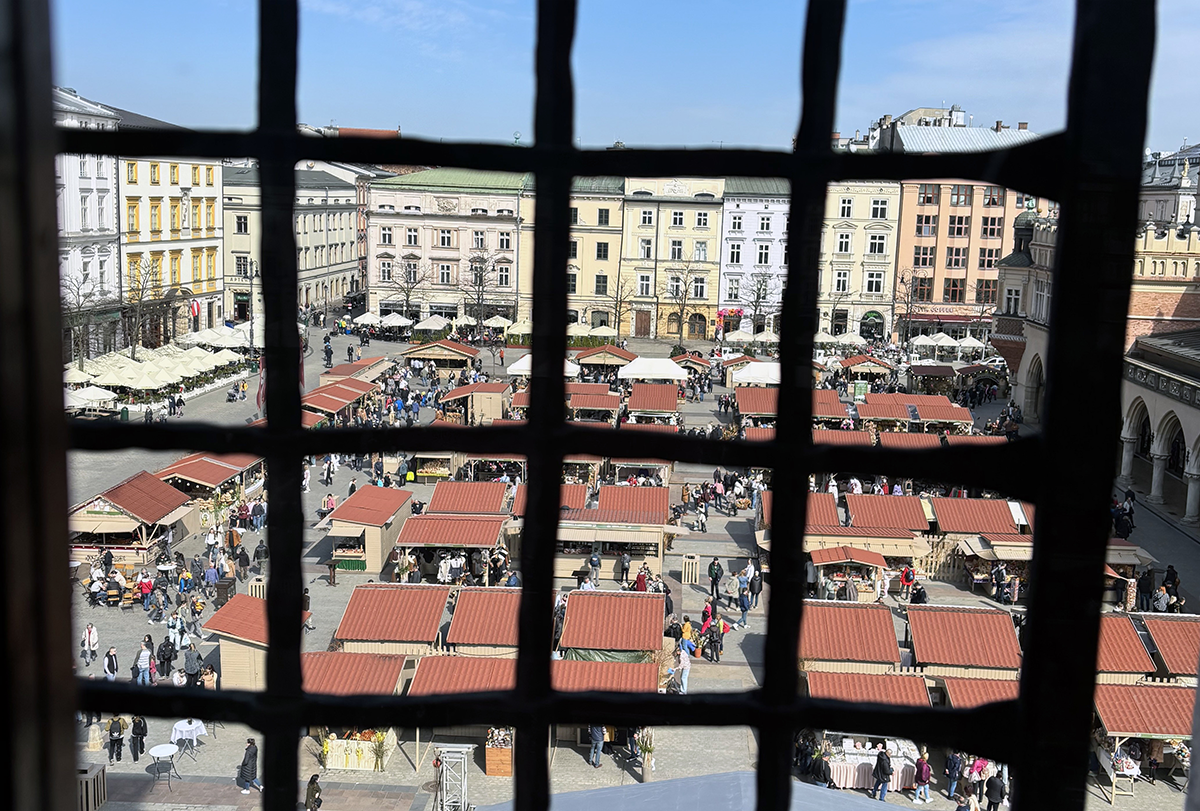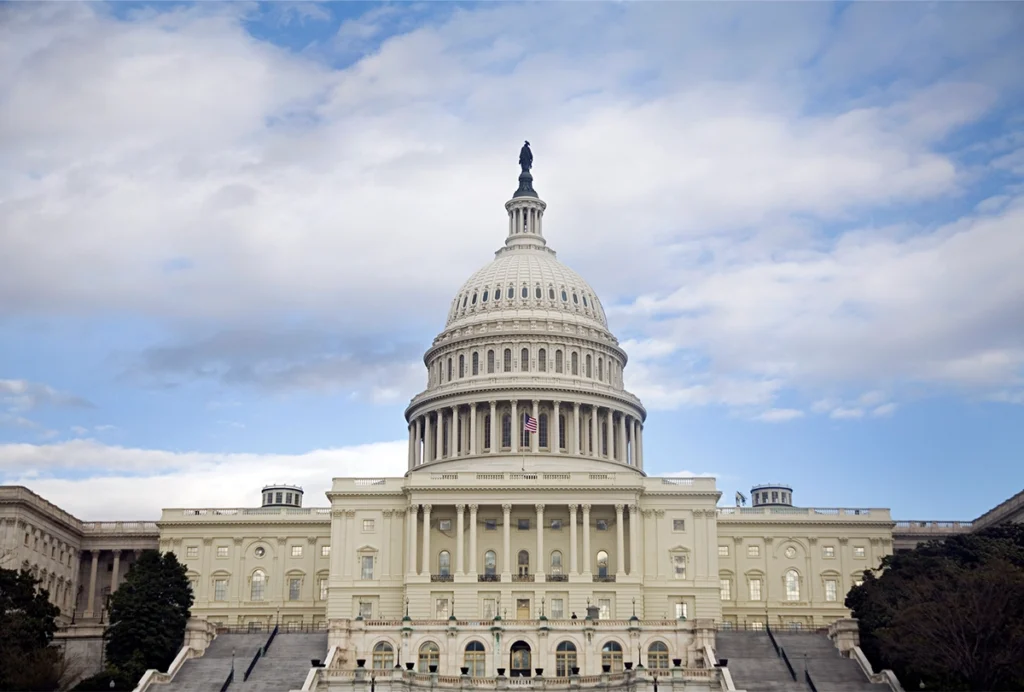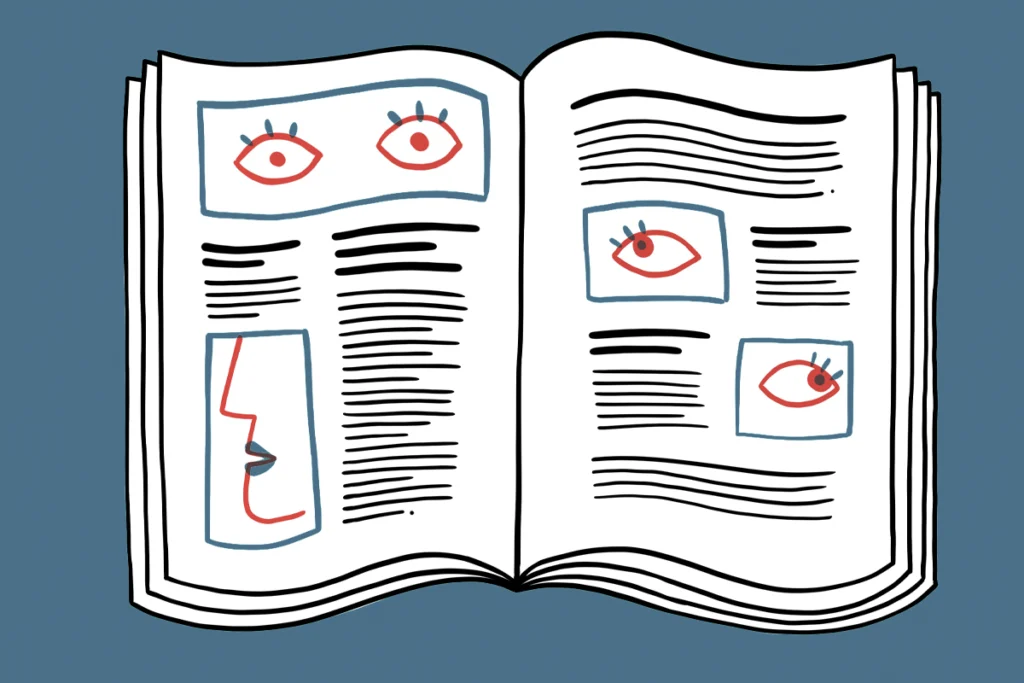It has been nearly three years since I wrote a piece for Spectrum titled “My hope for Ukrainians with autism.” Over the past 34 months, the global community has witnessed widespread genocidal acts against the people of Ukraine: the attack on theatergoers in Mariupol, the terror in Bucha, missile launches on civilian apartments across the country, the destruction of the specialized children’s hospital Okhmatdyt in Kyiv.
Unfortunately, many people have become desensitized to the war in Ukraine. And with other political and global events taking center stage, it feels as if autistic Ukrainians have been forgotten.
Every day, though, I hear about destruction of land and culture, and atrocities against Ukrainian civilians, including children. Ukrainians with autism are clearly also affected, though never mentioned. Despite statements in 2022—including those from the European Council of Autistic People and Autism Europe and the International Society for Autism Research—expressing concern for the welfare of people with autism, the fate of autistic Ukrainians has received little attention.
As a Ukrainian-American, I am concerned about the war for personal reasons. As an autism specialist, I have spent countless sleepless nights doing what I can to ensure that children in Ukraine are not forgotten. As the crisis has escalated to include 8 million displaced people, I have spent considerable time thinking about how best to provide outreach services to a displaced autism community.
Last spring, I traveled to Poland to engage with displaced Ukrainian families and to interview professionals that serve them. The current situation in Ukraine has resulted in the largest ongoing refugee crisis in Europe. As such, many humanitarian agencies are not prepared to provide needed support to families entering new regions.
The experiences of the caregivers I met opened my eyes to a whole new reality. Not only are autistic children likely neglected in war-torn Ukraine, but those forced to live outside of Ukraine are also being overlooked and underserved. Global action is urgently needed.
W
hile interacting with caregivers of autistic children in Poland, I used a version of the Life Events Checklist (LEC-5), a screening measure routinely used to identify U.S. veterans who exhibit signs of post-traumatic stress disorder (PTSD). Initial screens documented that at least 65 percent of the 28 mothers reported that they had witnessed traumatic war events and had seen severe human suffering. These women are therefore at significant risk for a clinical diagnosis of PTSD, but none were receiving mental health support.My experience in Poland also confirmed that refugee support centers generally do not provide information about autism or support for children with the condition, and that autism agencies generally do not provide support for parents and children who have experienced significant trauma. Similarly, most schools do not have professionals who speak Ukrainian. Schools that offer some supports or services in Ukrainian do not have autism specialists or trained trauma therapists. Each of these factors is in direct contrast to the suggestions made by Autism Europe in 2022.
Equally concerning is the fact that I encountered psychologists across Poland engaging with families using the Russian language or relying on measures that had been translated into Russian, not Ukrainian. For Ukrainian women who have been harmed by Russian-speaking offenders, this reality is far more than offensive and has the potential to intensify trauma.
Many caregivers I spoke with felt trapped in Poland despite having escaped war, mainly because of the limited options available to them. Several contemplated returning to their native Ukraine, a devastated, war-torn country.
Thus, my current assessment of the situation is that the global community is failing these families by not offering them the full range of possibilities that Europe can provide. Displaced families of children with autism are receiving only some assistance, which may be limited to finding food, work and shelter. Many Ukrainian caregivers may be left uninformed about their child’s potential, confused about the autism diagnosis and concerned about the future.
C
learly the situation is complicated. Countless autistic people are forced to emigrate daily because of Russia’s brutal war against Ukraine. If we apply the global autism prevalence statistic of 1 in every 100 to the total number of people who have left Ukraine, that translates into about 80,000 displaced Ukrainian people in need of individualized autism services.Add to this the situation of caregivers struggling to make sense of the complexity of both the diagnosis and cultural genocide. There is a critical need to conduct comprehensive global outreach that both acknowledges lived experiences, validates feelings and empowers people to make thoughtful, informed decisions about the course of their lives and the lives of family members.
The situation will not resolve itself in any foreseeable time frame. If global agencies do not increase interdisciplinary supports for entire family systems, complications are bound to multiply. And because countries across Europe already have a limited number of autism service providers, and professionals are overburdened with huge caseloads, the global autism community will need to invest more time, money and effort in specialized training for professionals.
What is needed now is a network of global autism specialists working together on community-based evaluations of how displaced Ukrainian families are integrating into new situations. Our supports and services should not be limited to helping refugees find housing or schooling, although those efforts are important. Supports and services must also actively involve Ukrainians affected by autism in discussions about their own priorities and must include mental health supports for both children and caregivers in their native language.
Therefore, my hope for displaced Ukrainian families with autistic children is that they are appreciated in their host countries as the genuine informants of their children’s needs. Let us stop and listen to Ukrainian caregivers who remind us that cultural identity is integrally connected to autism identity. Without empowered, healthy caregivers in their support network, people with autism will inevitably struggle to adapt in every system they encounter, regardless of where they are living or why they are there.
Returning to my original hope for Ukrainians with autism, I pray that those who remain in Ukraine, as well as those who return, are never forgotten. As the world watches additional global crises unfold, a comprehensive outreach model that allows stakeholders to effectively serve displaced Ukrainian families will likely have relevance for families in other war-torn regions of the world. It is time that the global autism community step up and ensure that all people with autism, regardless of cultural identity, are supported to live self-determined lives.






